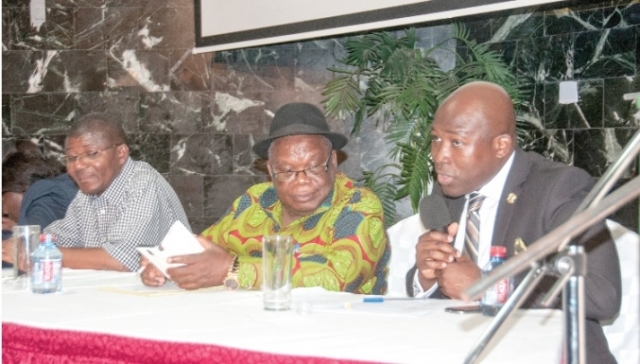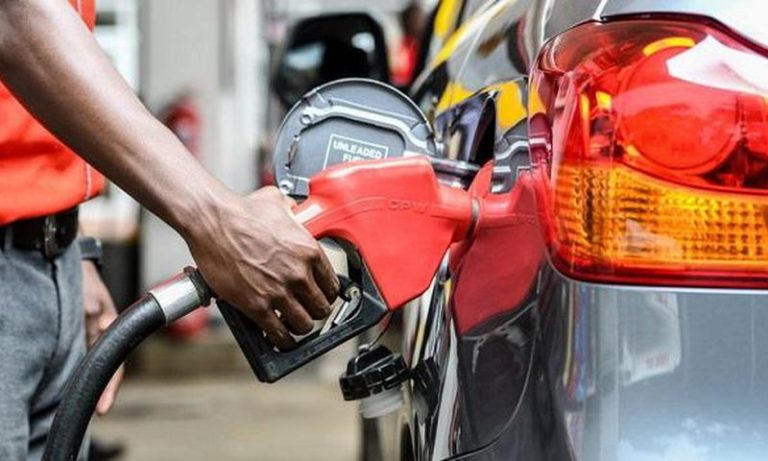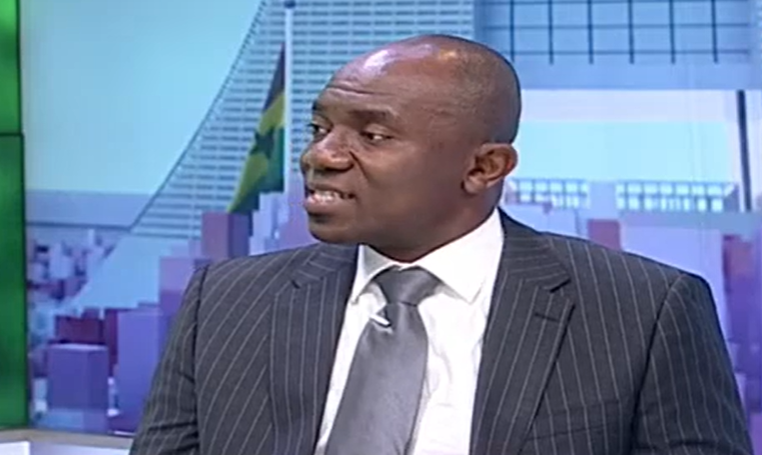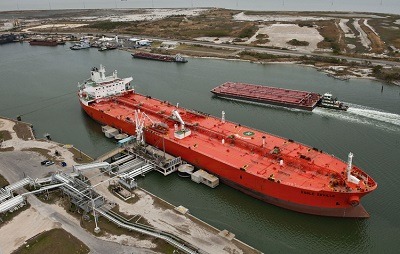The government has sent strong signals that it will implement the deregulation policy on petroleum prices by the end of 2015 in order to avoid undue market disruption and unnecessary hardships on consumers.
The deregulation policy, which started around 1996, when given legal backing, will mean that the National Petroleum Authority (NPA) will cease to be the body to determine fuel prices in the country, which is the case currently.
The implementation of the policy will, therefore, allow the various bulk oil distributing companies to determine how much they would want to charge for fuel.
The Deputy Minister of Petroleum, Mr Ben Dagadu, made this known at the maiden annual general meeting (AGM) of the Ghana Chamber of Bulk Oil Distributors (CBODs) in Accra yesterday.
Preparations towards implementation
According to Mr Dagadu, a National Committee on Deregulation had been set up to establish the necessary legal and regulatory framework for the full implementation of the policy.
He added that the committee was also mandated to craft an implementation plan for achieving full deregulation.
“The committee is also tasked with the responsibility of engaging all relevant industry stakeholders to ensure that the implementation has their buy-in.
“After broad consultations have been made, the Deregulation Policy document will be submitted to Cabinet for approval,” he said.
While admitting that the implementation policy was long overdue, Mr Dagadu indicated that now the government was fully committed to giving legal effect to the deregulation policy.
He, was, however, quick to add that the implementation process was a gradual process, but the government would get there.
Additional measures
“The NPA has been directed by Cabinet to institute several measures which will eventually pave the way for full deregulation of the downstream sector, including price liberalisation,” he stressed.
In view of that, he said, the NPA had since July 2014 been applying the price build-up (PBU) to mitigate the BDCs’ exposure to forex losses.
Subsequently, a Forex Loss Mitigation Account (FLMA) has been opened to collect any positive differentials between the PBU rates to settle the forex loss.
BDCs express scepticism
In spite of the assurances, the Chief Executive Officer (CEO) of the CBODs, Mr Senyo Hosi, expressed scepticism about the full implementation of the policy.
He argued that governments over the years had dragged their feet over the enactment into law the deregulation policy.
That, he said, had affected the operations of the BDCs, causing them to almost reel on their feet since its establishment in January 2014.
“The incoherence of policy continues to impede investment and business development decisions. The frequent changes in infrastructure and licensing requirements, for instance, negatively impact business and inhibit long-term investor confidence in the industry,” he noted.
That notwithstanding, Mr Hosi stated that the government’s intervention in the upward premium review, the passing of the real subsidy policy, audit and part-payment of foreign exchange losses and the removal of price under-recoveries in July 2014, went a long way to reduce the challenges of the BDCs.
Government’s debts owed BDCs
According to the BDCs, the government owes them in excess of GH¢2 billion.
However, the government, through the NPA, says it has used the petroleum price windfall, which is in excess of GH¢412 million, to offset the debts owed the BDCs.
In a speech read on his behalf, the Chief Executive Officer of the NPA, Mr Moses Asaga, assured the companies that the authority was working hard to settle the forex losses incurred by the BDCs, an indication that the government would bear all the losses.
–
By: graphic.com.gh





